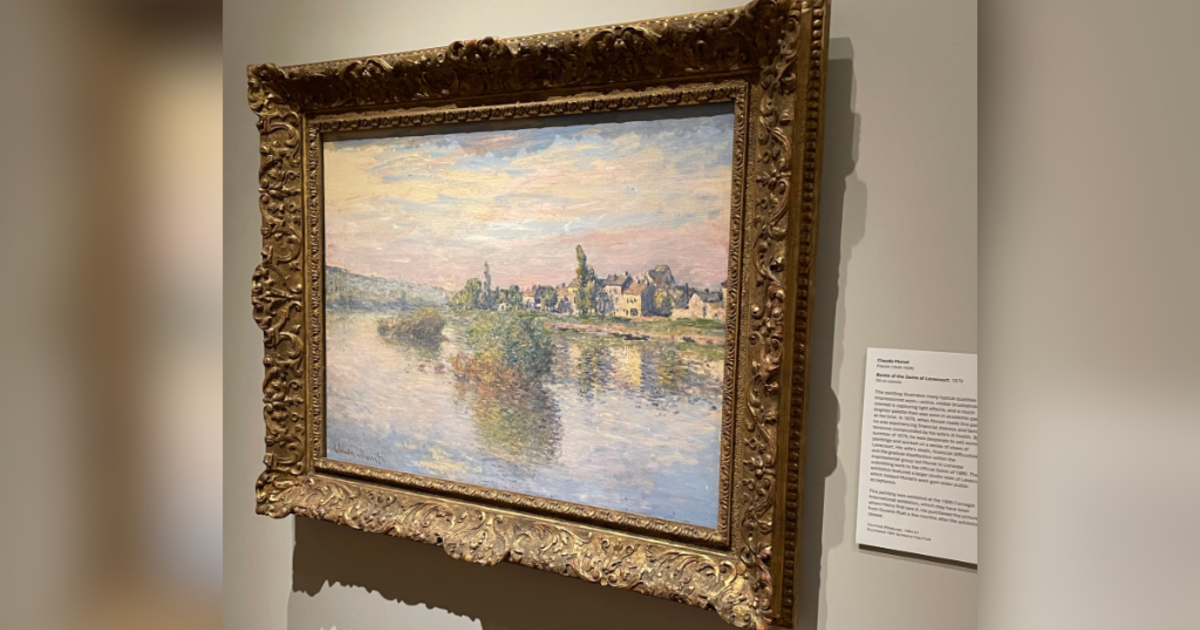How Do You Know If You Have Omicron?
PITTSBURGH (KDKA) -- COVID-19 isn't going away anytime soon.
That's what local doctors are saying, and they say a big part of the problem is the Omicron variant.
So how do you know if you have it, and why are some people in your household getting sick while others aren't?
Doctors KDKA's Amy Wadas spoke with say the Omicron variant can present itself as the cold or flu, which makes it harder to know if you have Covid, and it's why they say getting a Covid test is the best thing to do if you're able to find one.
Tanya Stadnik of New Brighton thought she had a cold.
"I was sneezing on and off all day on Christmas and I thought I was coming down with a cold," said Stadnik.
The next day, she says her symptoms got worse.
"Then I woke up the day after Christmas with a really stuffy nose, runny nose and cough," said Stadnik.
She got a COVID-19 test at MedExpress in Chippewa on Monday and tested positive for Covid.
"I was shocked because I had COVID a few months back. I was really sick. I didn't get out of bed for four days," said Stadnik.
This time around, she says she feels so much better and just feels like she has a cold. Doctors say that's common with the Omicron variant.
"What we are seeing is a lot of sore throat and runny nose, that's the same as flu and thousands of other respiratory viruses this year," said Vice Chair for the Primary Care Institute at Allegheny Health Network Dr. Amy Crawford Faucher.
Dr. Faucher said that's common with Omicron.
With this variant, she said people don't seem to be losing their sense of taste and smell, which was a classic symptom of COVID-19 at the beginning of the pandemic.
While the Omicron variant is more contagious, doctors said that doesn't necessarily mean other people in your household will get sick.
"If you have someone who has symptoms and isolate themselves in a bedroom, don't eat with the family, do things right, you're minimizing contact and the ability to spread it," said Dr. Crawford Faucher.
"Some explanation is probably vaccinated people are less likely to get sick, even if they have a more intense exposure like you might have in a household," said Medical Director of Infection and Prevention and Hospital Epidemiology at UPMC Dr. Graham Snyder.
Meantime, Stadnik said she and one of her daughters have similar symptoms while her other daughter and son don't.
She's now considering getting vaccinated.
"I may after this since this is my second time I've had COVID," said Stadnik.
Doctors say it's important to get tested even with mild symptoms so you aren't putting the elderly or immunocompromised at risk.



